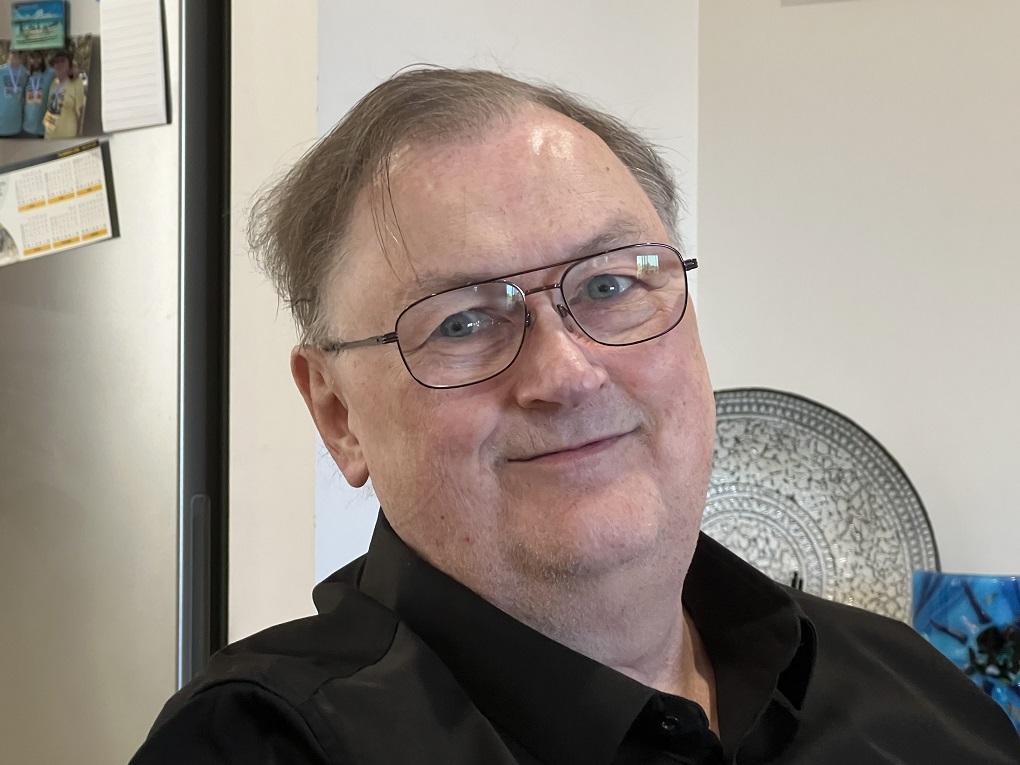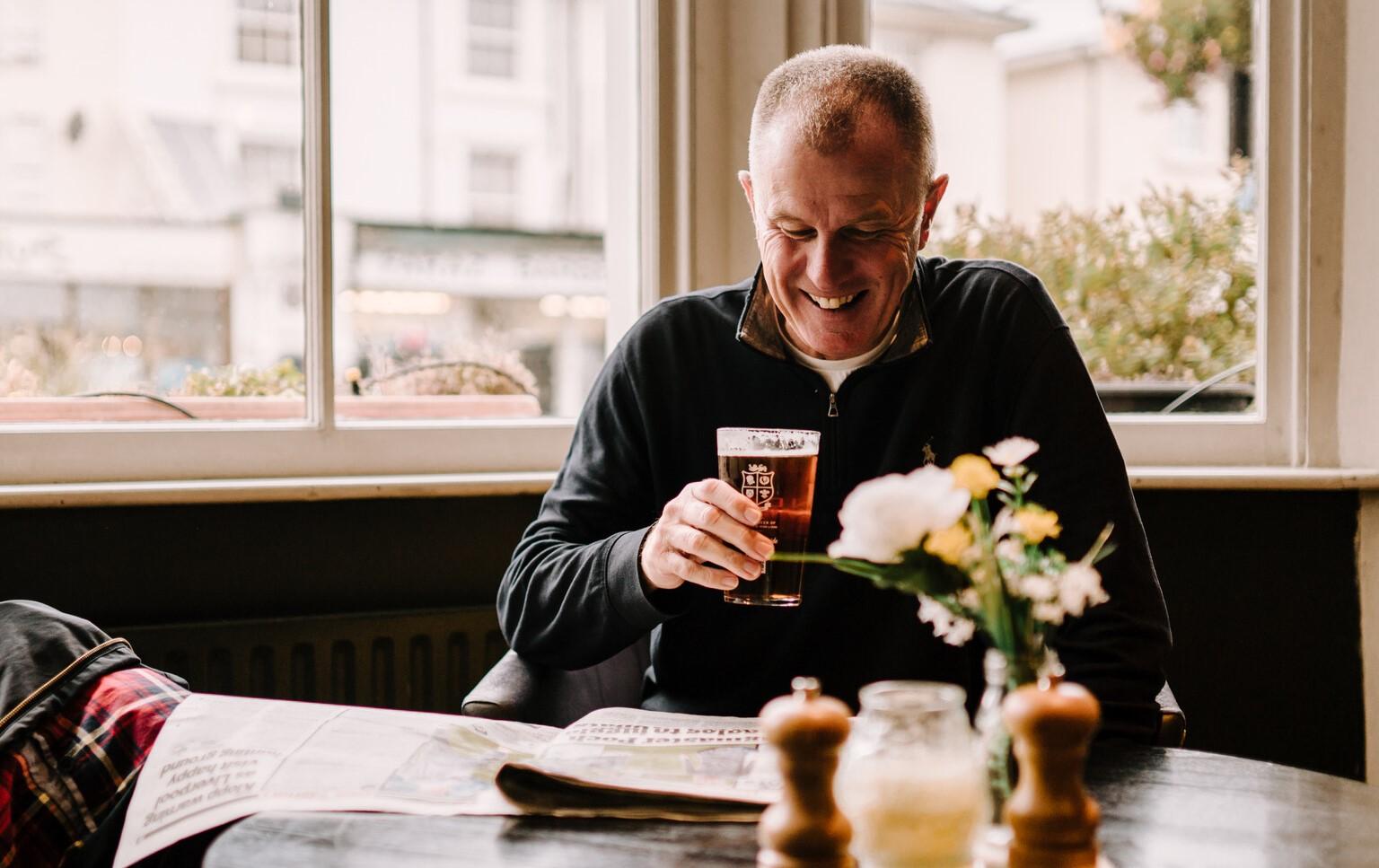Stephen’s story
The most important message I have for others is to be aware of the signs of dementia, be firm in advocating for yourself, and get an early diagnosis.

My name is Stephen Grady. I first noticed changes in myself at work. I was an Electrical Metrologist and I kept second guessing myself when performing tasks that I’d previously been confident in.
After persistent urging from my wife, who is a former nurse, we convinced my GP to refer me for an MRI. This led to my diagnosis of younger onset Alzheimer’s at the age of sixty.
I was relieved when my employer was supportive of my diagnosis and offered me a redundancy.
Some of the things I initially noticed about my condition was that dementia is not all about memory. In my experience, the effects of this condition are more about mobility and decision-making processes. You can still do things, but you’re not as good as you used to be.
For someone my age, the terminology is younger onset dementia. To be frank, after my diagnosis, I shut down for about a year. Once you reach acceptance, then you can say “Well, I’m here now. What do I do with my life from now on?”
This was put to the test when my wife had a major stroke. I had the task of selling the house and organizing new living situations, whilst providing the emotional support she needed.
To help me better understand my diagnosis I connected with other people living with dementia. I took Dementia Australia’s Living with Memory Loss course [now Living with Dementia program] which was validating. It made me thing think, “Yes, I can do that too.”
I am now a Dementia Australia Advocate which enriches my life. I can spread positive messages about living with dementia and speak at conferences.
Science has always been a passion of mine and I continue to participate in this field by engaging in dementia related research. The most recent study was about self-harm by people living with dementia conducted by the University of NSW.
The most important message I have for others is to be aware of the signs of dementia, be firm in advocating for yourself, and get an early diagnosis.
To live well with dementia, you need to get support for yourself and come to terms with your diagnosis. As my occupational therapist often says, “Steve, you’re so much more than just the symptoms you are presenting.”
Watch Stephen’s digital story below:
For more digital stories, visit the Face Dementia YouTube Channel.


